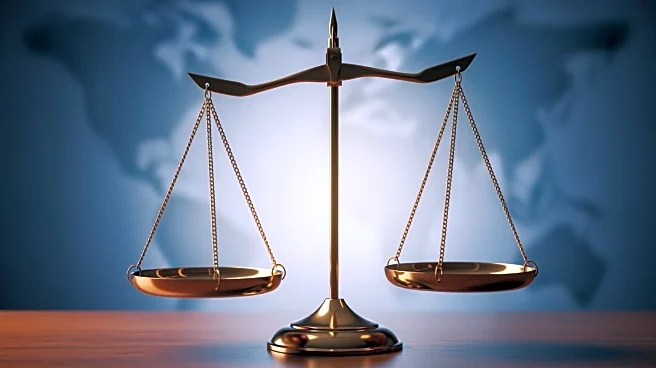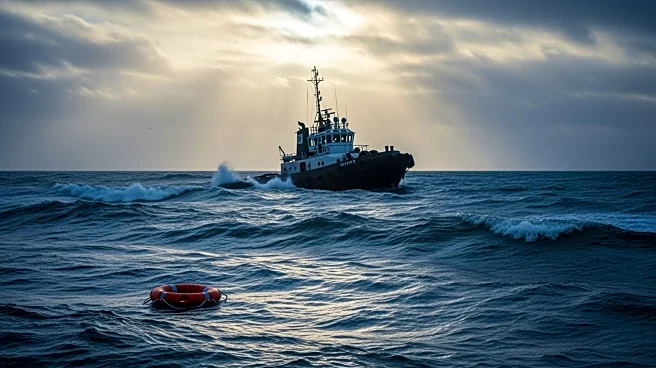In a significant shift in energy policy, Secretary of the Interior Doug Burgum has mandated that all solar and wind energy projects on federal lands and waters must receive his personal approval. This
Did You Know
The average person spends six months of their life waiting for red lights to turn green.
?
AD
sweeping directive introduces an "elevated review" process designed to ensure a more rigorous examination of proposals ranging from leases to rights of way, construction plans, and biological opinions. As the nation pivots towards renewable energy, this move reflects an intensified effort to balance ecological concerns with the pressing need for sustainable power sources.
The implications of Burgum's order extend beyond regulatory oversight; they encapsulate the government's commitment to stabilizing the offshore leasing industry, which has faced considerable uncertainty in recent years. By establishing a framework that prioritizes thorough scrutiny, Burgum aims to foster responsible development in the renewable sector while addressing the diverse environmental challenges that accompany such expansion. The interconnected nature of energy production and ecological stewardship has never been more pronounced.
This renewed focus on renewable energy is not merely regulatory; it resonates with broader economic themes. As advancements in artificial intelligence drive the demand for a more robust workforce, the energy sector finds itself at a crossroads. Companies operating in this space, including those affected by Burgum's oversight, are now tasked with navigating a more complex landscape marked by heightened scrutiny. Concurrently, notable transactions in the sector, like BP's recent sale of onshore wind assets to LS Power, underline the rapid evolution of the renewable energy market, promising an exciting and transformative era for the industry.
Q&A (Auto-generated by AI)
What is an 'elevated review' process?
An 'elevated review' process refers to a stricter evaluation of energy projects, particularly those involving solar and wind on federal lands and waters. Under the new order, Interior Secretary Doug Burgum is tasked with personally approving these projects, which involves a detailed examination of leases, construction plans, and environmental impacts. This approach aims to enhance oversight and ensure that projects align with federal policies and environmental standards.
How do federal lands impact energy projects?
Federal lands are significant for energy projects as they encompass vast areas where solar and wind installations can be developed. However, these projects require federal approval due to potential environmental and land use impacts. The management of these lands is critical to balancing energy development with conservation efforts, making federal oversight essential to ensure sustainable practices and compliance with laws.
What role does the Interior Secretary play?
The Interior Secretary oversees the management of federal lands and natural resources, playing a crucial role in energy policy and environmental protection. In this context, Secretary Doug Burgum is responsible for approving solar and wind energy projects on federal lands. This position entails evaluating the potential benefits and risks of projects, ensuring they meet regulatory requirements, and balancing economic interests with environmental stewardship.
Why is solar and wind energy important now?
Solar and wind energy are increasingly important due to the urgent need to transition to renewable sources to combat climate change and reduce greenhouse gas emissions. As global energy demands rise, these clean energy alternatives offer sustainable solutions. The push for renewable energy also aligns with national goals for energy independence and economic growth in the green technology sector.
What are the implications of this order?
The order requiring Interior Secretary Doug Burgum's personal approval for wind and solar projects signifies a shift towards more stringent oversight of renewable energy development. This could slow down project approvals, increase scrutiny of environmental impacts, and ensure that projects align with federal policies. Additionally, it may influence state-level energy strategies and investments in renewable technologies.












